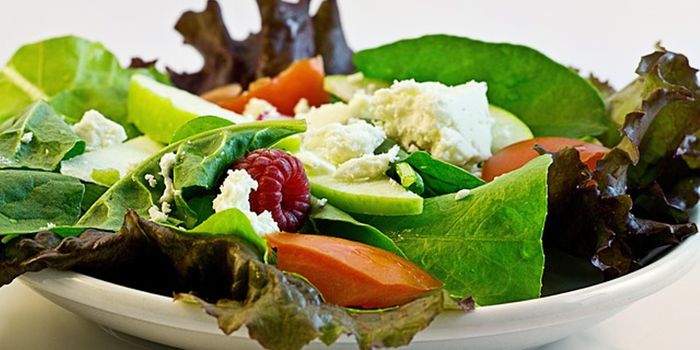Personalized, precise, targeted medicine is the latest trend in clinical healthcare. Could personalized diets be next? According to recent findings, diets should be tailored to each individual because the same foods can cause drastically different responses in two different people. Hence, the one-size-fit all approaches to healthy diet plans are doomed to fail.
The study was conducted in 800 volunteers who were connected to a device that monitored their blood sugar level continuously at five-minute intervals for one week. In addition, study participants recorded all meals (totaling nearly 48,000 combined) so that researchers could compare how different foods affected their blood sugar levels. Elevated blood sugar response after meals is strongly associated with obesity, Type II diabetes, and heart disease.
Not surprisingly, age and body mass index affected blood sugar levels after meals. But here’s the twist: researchers found that identical foods produced vastly different responses in different people. For example, a healthy salad might make one person’s blood sugar spike, while ice cream did nothing to another person’s blood sugar levels.
"There are profound differences between individuals — in some cases, individuals have opposite responses to one another," said Eran Segal, senior author of the Weizmann Institute of Science.
If you think about it though, that people respond differently to food shouldn’t be all that shocking. In addition to packing unique DNA codes, we also carry different microbiomes in our guts. Combined this with varying lifestyles, and it’s no wonder that people don’t metabolize foods identically. Incidentally, doctors have already figured out this is why some drug responses are so variable in people.
Using all the data they collected, the researchers devised a computer algorithm that can predict the blood sugar responses to the meals of the 800 participants. Furthermore, the algorithm was able to achieve similar accuracy when predicting the sugar responses of 100 new participants. In effect, the algorithm takes into account many variables – like age, weight, and gut bacteria type – to then accurately predict the blood sugar response of a person after they ate a certain food.
Working in reverse, the researchers used the algorithm to tailor personalized nutrition plans for each person so that the foods they eat actually lowered their blood sugar responses. In addition, the researchers noted that the tailored diet also altered in the participants’ gut microbiome.
“Nutrition is an important risk factor for human metabolic diseases, and especially to the obesity and diabetes epidemics that are affecting close to half of the world’s population. This work links nutrition in a personalized manner to human risk of elevated blood sugars and their many complications.” Eran Elinav, study author.
So next time you go on a diet, remember that it’s not all about willpower – a lot has to do with your own body’s reaction to food. Whatever you do, don’t compare your diet with your friend’s and expect the same results!
Sources:
Cell Journal









